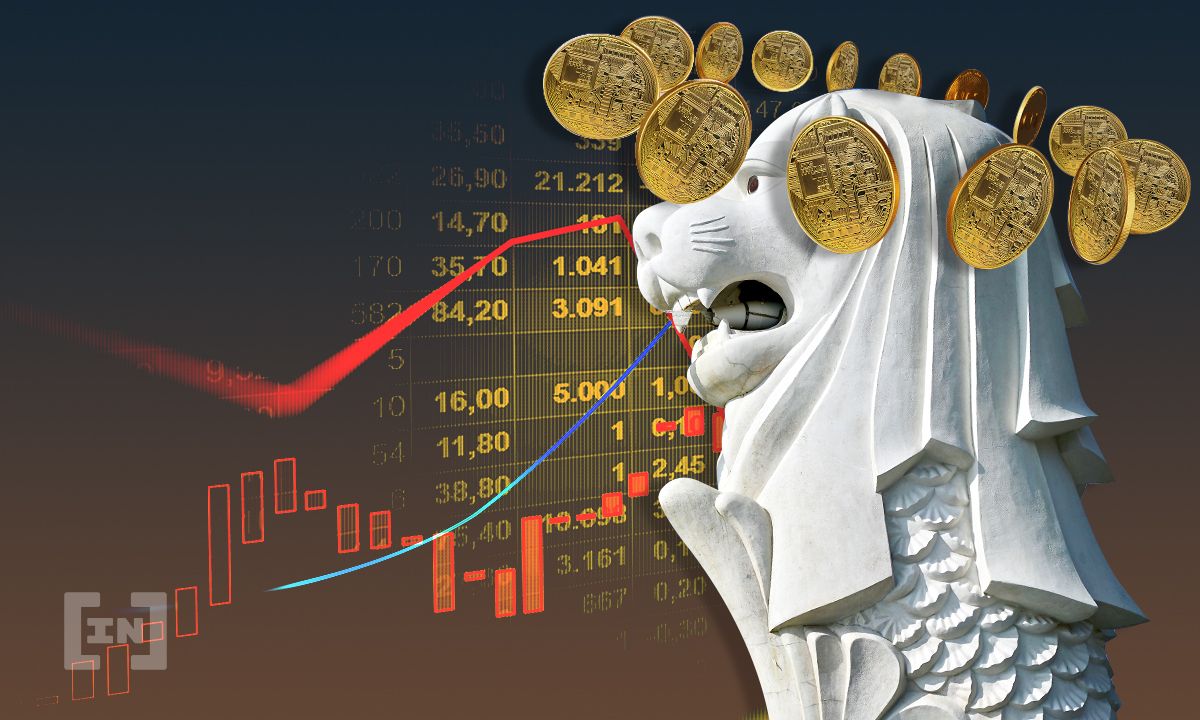Singapore is positioning itself to become the Asian center for cryptocurrencies, as it flexes its role as a global financial hub.
Cryptocurrencies are currently facing a difficult time in East Asia, with crackdowns and restrictions in China, South Korea, and Hong Kong. Amidst this, Singapore is seizing its opportunity to be the industry’s dominant player in Asia.
“Technologies that underpin crypto products and digital tokens have the potential to power the new generation of financial services,” said assistant managing director of the Monetary Authority of Singapore’s (MAS) policy payments and financial crime group, Loo Siew Yee.
In contrast to its socially conservative background, Singapore is infamously open to financial innovation. Authorities in the city-state not only emphasized potential benefits of crypto but have backed it up with legislation.
While crypto exchanges face scrutiny from financial watchdogs elsewhere, the Singaporean government has taken a lead role in shaping the development of the industry. Sander Laugs, head of institutional clients at crypt-focused Swiss bank Seba, noted that authorities’ encouragement and regulation of the industry offers important safeguards.
“Singapore thinks so long-term about this stuff,” said one crypto exchange founder. “Years ago I went to go hear Vitalek Buterin speak in town and in my row there were three people from the MAS painstakingly taking notes.”
Crypto registration
Crypto companies have been able to apply for operating licenses under the Payment Services Act in Singapore since January 2020. The law regulates companies handling digital payments and trading tokens like Bitcoin. Many of the world’s biggest crypto exchanges, including Gemini, Coinbase and Crypto.com, have all applied for licenses to operate.
While almost 20% of applications have been withdrawn or rejected for not meeting AML standards, many firms have been granted exemptions, meaning they can continue to serve retail and institutional investors. “Companies that haven’t had established standards, they’re going to probably have a difficult time obtaining licenses or being able to conduct business how they normally do,” said Laugs.
Earlier this month, MAS put the global site for the world’s largest crypto exchange Binance on its investor alert list, which effectively prevented Singaporean customers from using it. However, the regulator left the local, strictly regulated version of the site unaffected.
What do you think about this subject? Write to us and tell us!
Disclaimer
In adherence to the Trust Project guidelines, BeInCrypto is committed to unbiased, transparent reporting. This news article aims to provide accurate, timely information. However, readers are advised to verify facts independently and consult with a professional before making any decisions based on this content. Please note that our Terms and Conditions, Privacy Policy, and Disclaimers have been updated.


